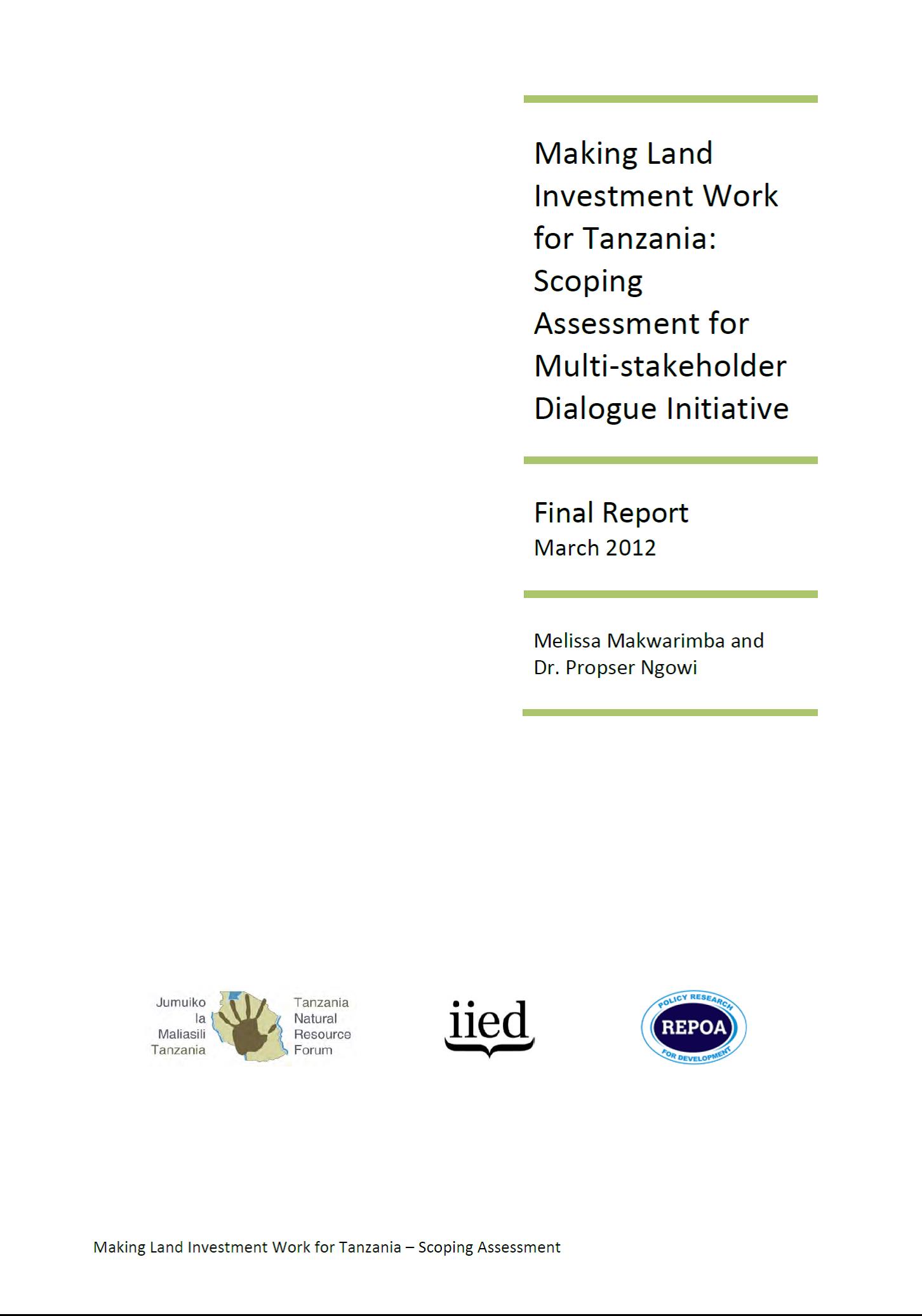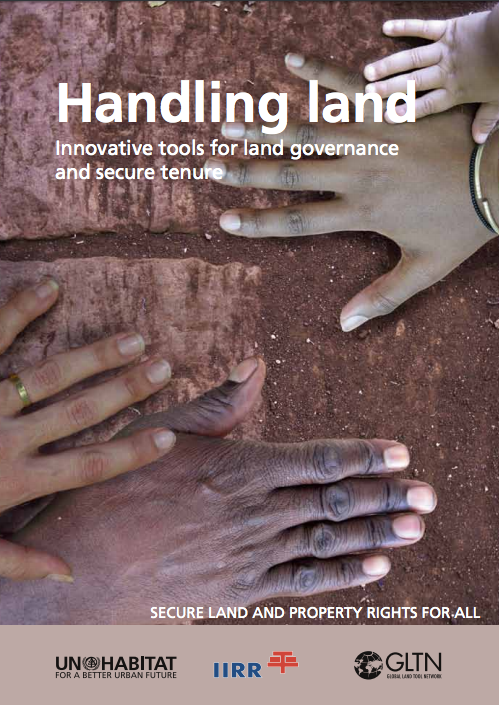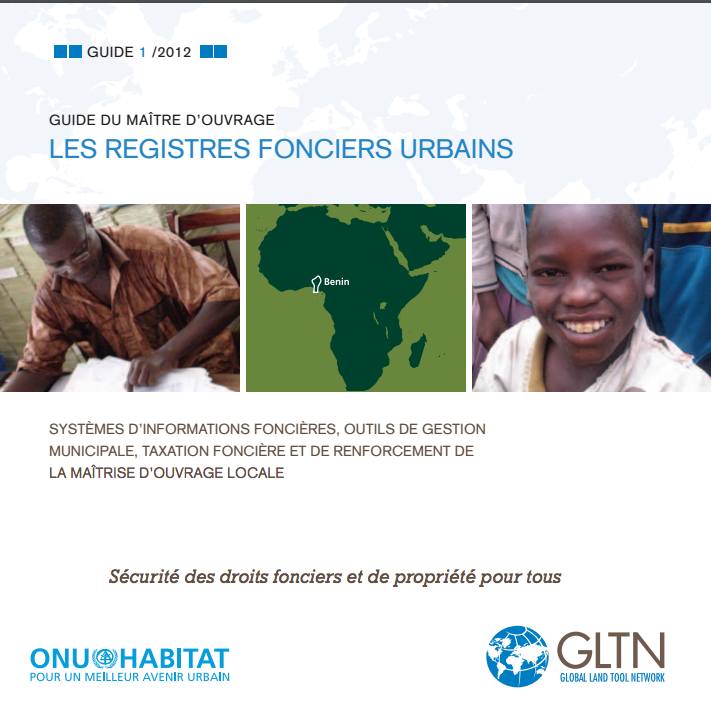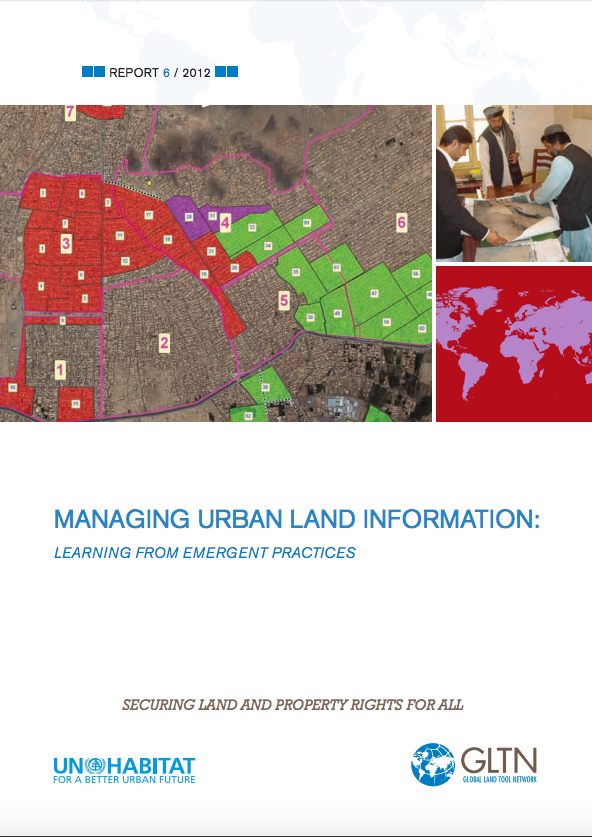Reducing Inequality for Shared
Growth in China : Strategy and Policy Options for Guangdong Province
This overview summarizes the key
findings of the eight chapters and one policy note. It is
organized as follows. The first section provides a
background of Guangdong, while the second describes the
current situation of inequality in the province. Next is a
discussion of the potential impacts of the transfer of
industrial activities ('industrial transfer') in
mitigating regional disparity, followed by the






